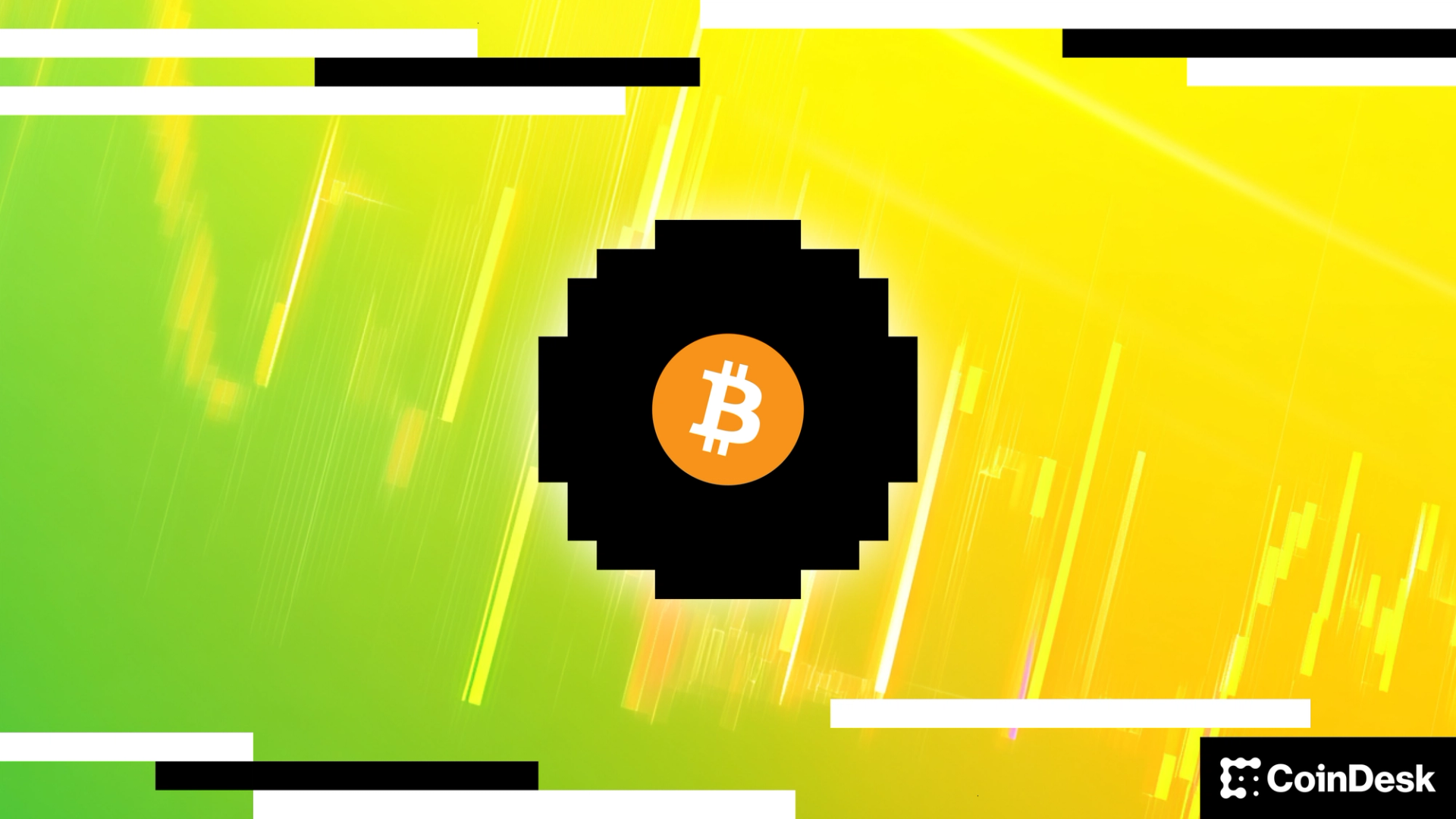Solana’s Yakovenko Warns: Bitcoin Must Upgrade by 2030 or Face Quantum Computing Extinction

Quantum computers could crack Bitcoin's encryption within five years—and Anatoly Yakovenko says the clock is ticking.
The Survival Imperative
Solana's founder dropped the warning during a tech conference, stating current blockchain security won't stand against quantum attacks. Existing cryptographic safeguards—the backbone of Bitcoin's trillion-dollar valuation—would crumble under quantum processing power.
The 2030 Deadline
Yakovenko insists the entire crypto ecosystem must transition to quantum-resistant protocols before quantum computers achieve critical scale. He estimates the industry has until 2030 to implement upgrades—or risk watching quantum attacks unravel digital fortunes faster than a hedge fund manager's credibility.
While maximalists dismiss the threat as distant, Yakovenko argues preparation can't wait. The upgrade would require coordinated hard forks across major chains—a logistical nightmare that makes Treasury yield curves look straightforward.
Timeline matters more than technology. Five years might seem generous until you realize crypto moves at light speed while traditional finance still calculates APY with abacuses.
Community pushback
Bitcoin’s design doesn’t make such a change easy. A migration to post-quantum cryptography would require a hard fork, a highly contentious and technically complex process that would need widespread support across the network and would not be backward-compatible.
While Yakovenko stressed urgency, others in the crypto community aren’t convinced the threat is near. Adam Back, CEO of Blockstream, estimated that the technology is still somewhat far away and even making Bitcoin quantum-ready is “relatively simple.”
Bitcoin Core contributor Peter Todd pointed out earlier on social media that quantum computers “don’t exist” as “the demos running toy problems do not count.” To Luke Dashjr, another Bitcoin Core contributor, quantum isn’t as much of a threat to Bitcoin now as spam and developer corruption, which the community can now address.
Yakovenko argued that advances in artificial intelligence show how quickly lab work can leap into the real world. The moment tech giants like Apple or Google roll out quantum-safe cryptographic stacks, he said, “it’s time to migrate.”

